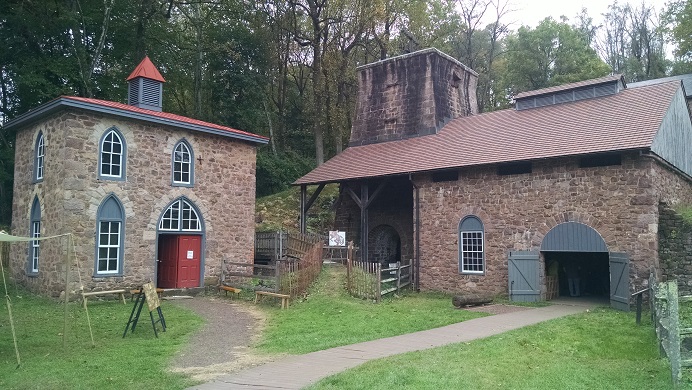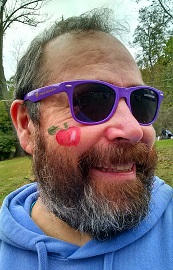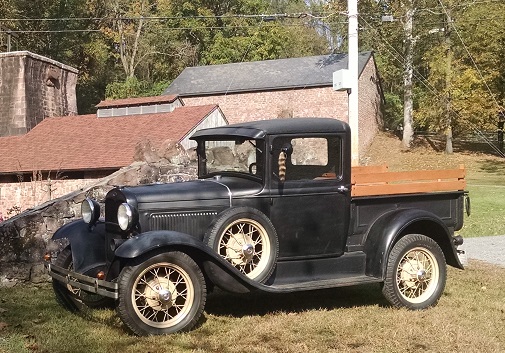The Land Back in Time
Don’t you just love beautiful rural country? When I am driving through rolling, wooded terrain that is cut through by small waterways and dotted with rustic buildings, it takes me back to a part of the country where I spent a great portion of my young life. When I’m driving through this kind of country, I always say, “this reminds me of Virginia.” Where I live now, just west of Philadelphia, the countryside of Chester, Berks and Lancaster counties in Pennsylvania is most certainly like this. It can be quite rugged, even though it is so close to the coast, and often feels like I’m back in the mountains of Southwest Virginia, where I went to college.
If you look at a topographic map of the Eastern United States, you can see why this is so – below the Mason-Dixon line, the eastern mountain chain lies far from the Atlantic Ocean, and there is a vast coastal plain (the sandy pine lands of the South), but north of that line, the mountain chain veers eastward and the plains dwindle away, so that the foothills lie very close to the coast. This is the land where I live now. I still find it a bit startling that there is rural, mountainous terrain so near the urban coastal strip where I work, since it’s not what I have been used to my whole life.
In addition to the difference in terrain, there is also an apparent cultural difference between the inland counties and the urbanized coast. Inland, I don’t see nearly as many non-white people, and it feels like I am back in the Appalachian mountains of my youth. In fact, central Pennsylvania is actually Northern Appalachia, and shares much in culture, ethnicity, and political outlook as the rest of the mountainous east. Now, I say “apparent” cultural difference because I know that many people, such as myself, move freely in and out of this milieu. They may sometimes just be dabbling in rural life.

Which was basically what I was doing this past weekend when I attended the annual Hay Creek Apple Festival, sponsored by the Hay Creek Valley Historical Association and held at Joanna Furnace. This is an old iron smelter that was active in the 1800s, before the once prosperous and powerful iron industry died out in the region, and has since been renovated and turned into a historical site that is open to the public.
Last weekend the site was filled with food vendors selling food that in large part involved apples (hence the name of the festival), which are widely grown in Pennsylvania. This state actually has a huge agricultural sector, and much of the beautiful rural country of which I write is farmland. In fact, with the presence of so many Amish and Mennonites, traveling through this farmland can feel like going back in time.

In addition to food vendors, there were family-friendly activities and a large flea market. I was there to support the Morgantown Arts Center, which had a booth with arts and crafts, as well face painting. You can find the arts center on Main Street in Morgantown, PA – they have paint and sip nights, classes, open studio nights, and more.
When I did find time to step away from the booth and walk around, I checked out the buildings in the complex. There was a booth where the archaeological organization that does the renovation was set up – the structures are mostly recreated from evidence, once the foundations are located. The furnace itself is original; for practical reasons it would have been the sturdiest structure at the site. It’s basically a giant brick tower that was filled with charcoal and iron ore and burned fiercely hot until the iron melted out, but of course it isn’t operational.

The flea market was set up in a parking area and people were selling mostly antiques and collectibles, and some original art. In all, walking through the event gave me the impression that central Pennsylvania lives in its past. It’s not surprising to me that this part of the country went to Trump in 2016, since he was promising to bring the past back to them.
There’s a lot to celebrate in this part of Pennsylvania’s history, and all of the rural beauty here speaks of another time. What it will do with the future, I cannot be sure. I have to go down to the city to make my living.